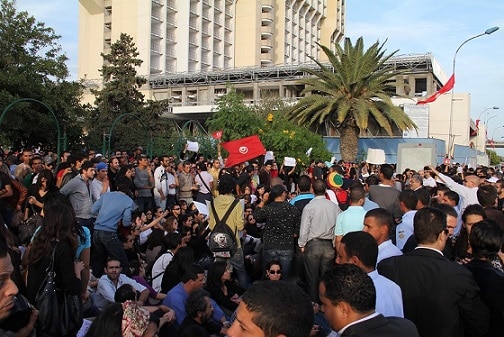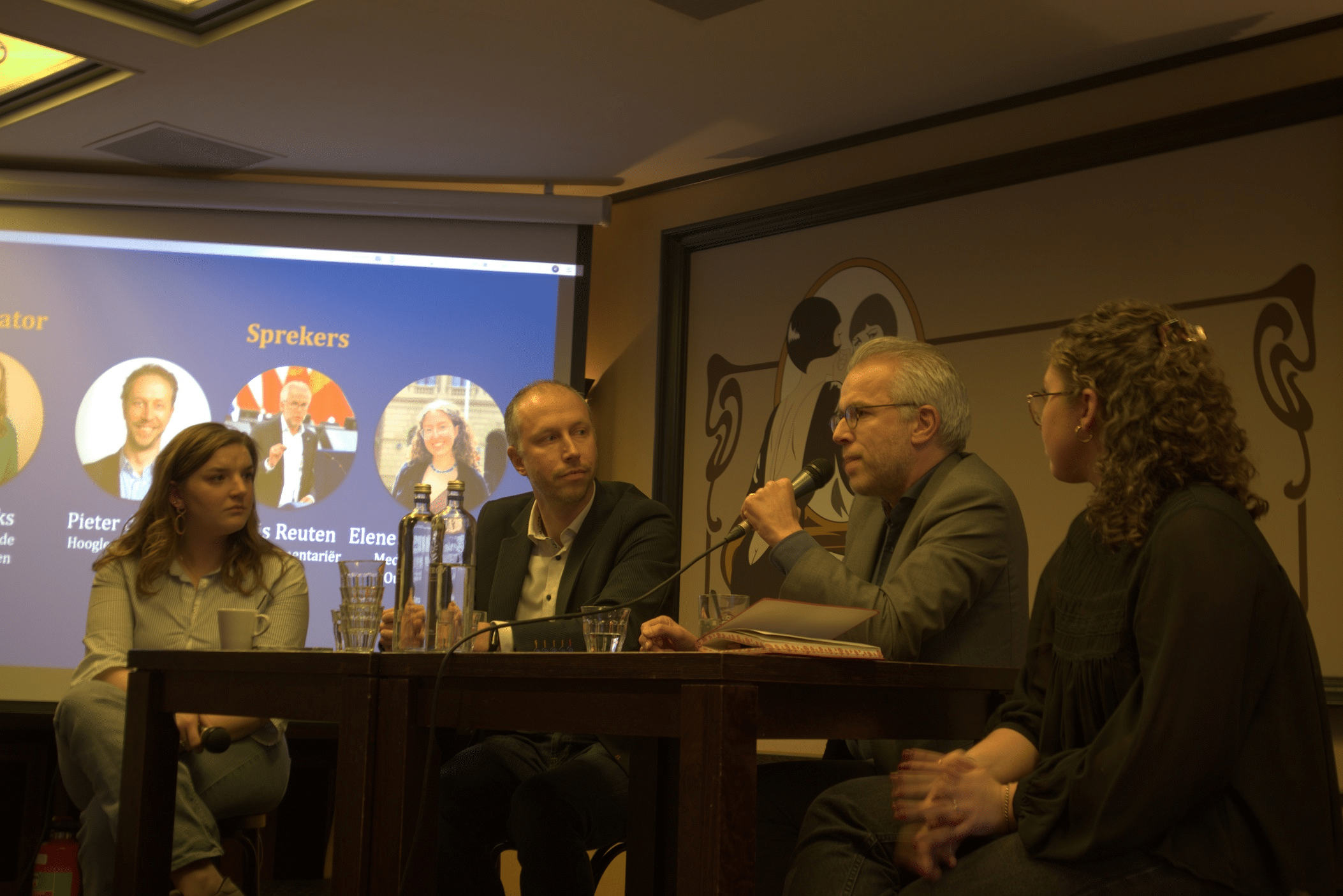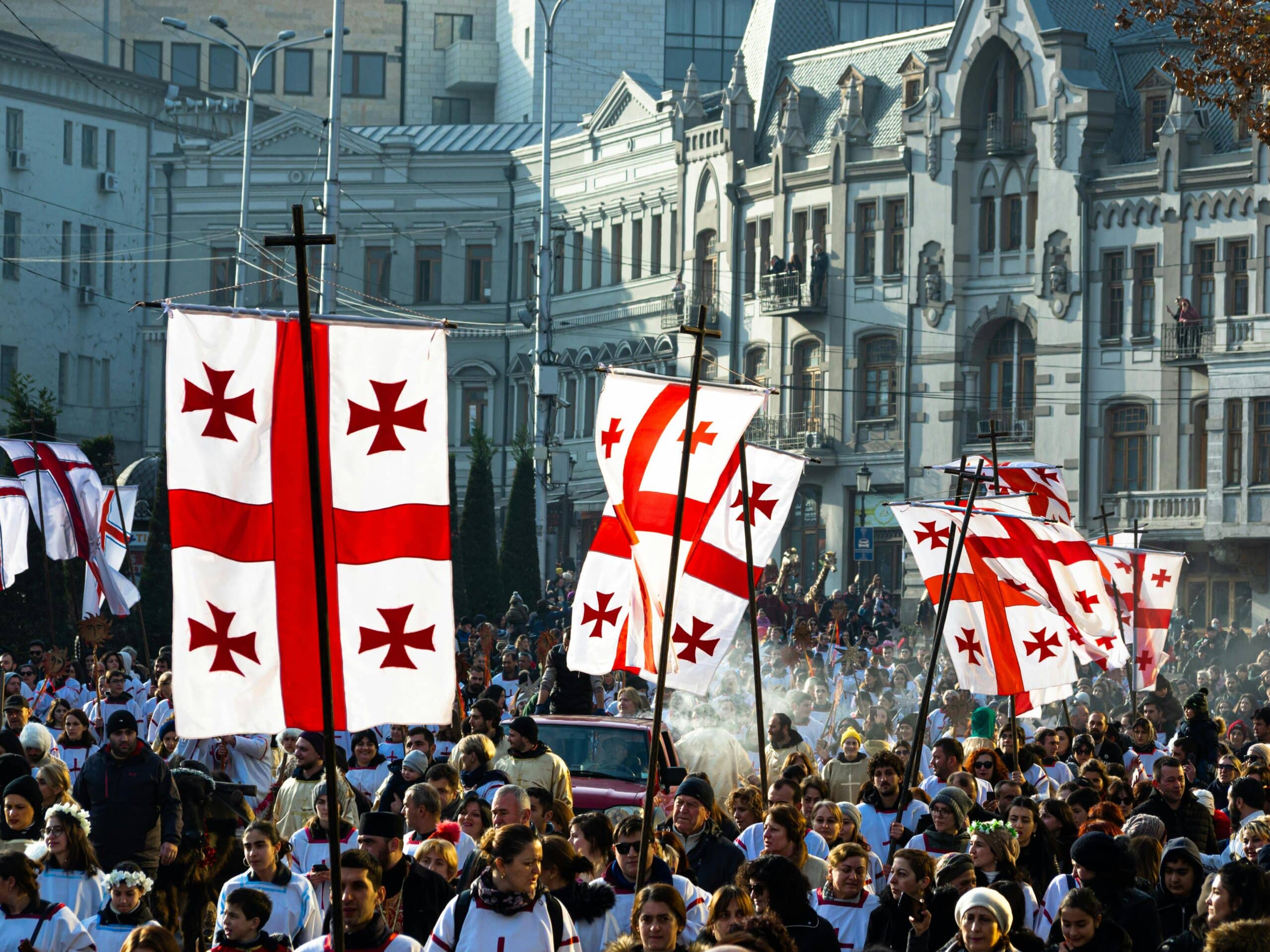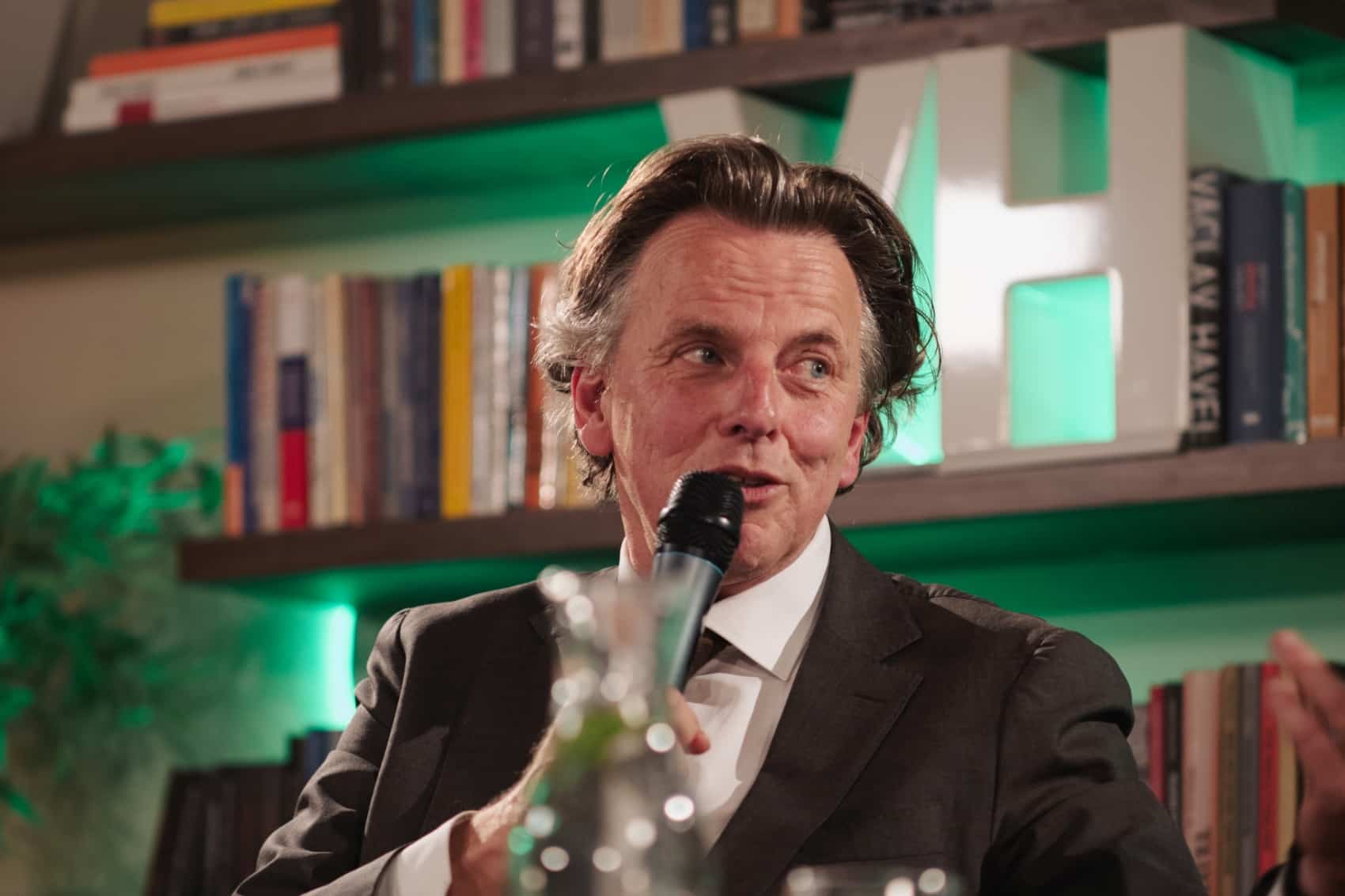On 25 July in Tunisia, the president dissolved parliament and dismissed the prime minister. Now, two months later, there is still no parliament or prime minister. Tunisian democracy is under increasing tension. Meanwhile, protests have broken out in the capital Tunis against the seizure of power and criticism from abroad is growing. Despite the growing criticism, President Kais Saied seems unwilling to rebuild the old system with a new prime minister and parliament, and is maintaining a state of emergency. Critics say this is the beginning of an autocratic system, and the end of Tunisia's fledgling democracy.
What preceded it?
Even before the president took power, problems were increasing in Tunisia, partly due to the corona crisis. COVID-19 gripped Tunisia hard, causing shortages of beds, oxygen and punctures. Resulting in a collapsing health system. Thus, the country became one of the hardest-hit countries in Africa. The Tunisian economy also received hard blows. Already fragile, the economy was estimated by the International Monetary Fund (IMF) to shrink by another 9% by 2020, leading to rising unemployment and poverty.
Unravelling democracy
The growing problems for healthcare and the economy caused growing discontent among the Tunisian population. This came to an eruption and violent protests on 25 July. In response, President Saied suspended the work of parliament on 25 July, removed Prime Minister Hichem Mechichi from office and declared a state of emergency. Critics call the intervention a "coup", an illegitimate seizure of power, but President Saied defends himself by insisting it was necessary to help the country out of its crises.
His power grab was not received negatively by everyone. Many citizens initially welcomed Saied's action, hoping it would improve the economic situation. As a middle-class university professor, he appealed to 'the common man'. He was known as a president who cared about the people, by addressing and encouraging citizens personally. By doing so, he created distance between the elite politicians and himself. His popularity grew and garnered support after his power grab in July. People hoped this action would lead to political reforms, and a breakdown of the power of the political elite.
With this support, Saied managed to keep extending the state of emergency declared in July. The country is now two months on and President Saied is claiming more and more power. Saied wants to amend the constitution and introduce a presidential system, with no prime minister and reduced power for parliament. In the meantime, it is becoming increasingly difficult for MPs to do their jobs: their immunity has been taken away, salaries are no longer paid, and more and more MPs are being taken to court. Also, the government is now accountable to the president instead of parliament. Critics say the measures amount to an autocracy and a fragmentation of democracy.
Increasing criticism
The continued suspension, and the president's increasing seizure of power, is now facing intense criticism both at home and abroad. Within Tunisia, the workers' union UGTT, the largest union in the country with millions of members, has expressed concerns about the situation and the ongoing state of emergency. Political parties, notably the moderate Islamist party Enahda and the social democratic Ettakatol, also criticise the continued lack of clarity and unravelling of democratic structures. They urge the president to return to a parliamentary democratic system as soon as possible.
Unrest is also growing among citizens. Large protests against the power grab were organised on 18 and 27 September. Many citizens who were initially positive about Saied's action are now disappointed. They do not see any positive effects and changes. The president still has no clear plan of action, and the Tunisian people are becoming impatient.
After a prolonged silence, the ambassadors of the G7 countries also spoke out on 7 September. They urged the president to return to the constitutional system with a parliament and prime minister. The embassies also expressed concern about human rights being affected in Tunisia by the current situation. Other countries, including Saudi Arabia and Egypt, instead expressed support for President Saied, praising his choice to oppose Enahda. Saudi Arabia and Egypt see Enahda, as a political Islamist organisation, as part of the Muslim Brotherhood, and thereby a political threat to their autocratic regimes. Enahda has always denied this connection.
How next?
The question now is how the situation in Tunisia will unfold further. The dissolution of parliament and the declared state of emergency have persisted for two months. It does not look like President Saied is going to take any political measures any time soon to help the democratic system get back on its feet. The question is whether this means the end for Tunisian democracy, the only democratic system that emerged semi-successfully from the Arab Spring. Will the country become an autocratic system again after all with President Saied at the helm?





